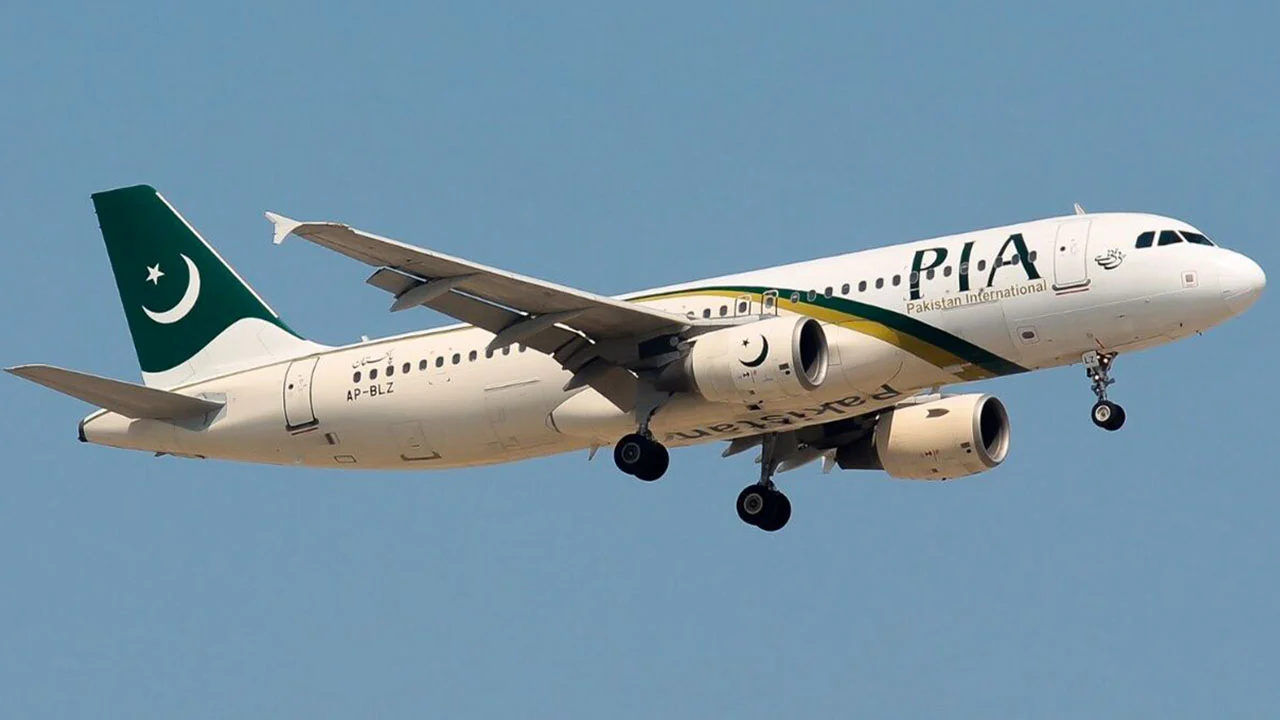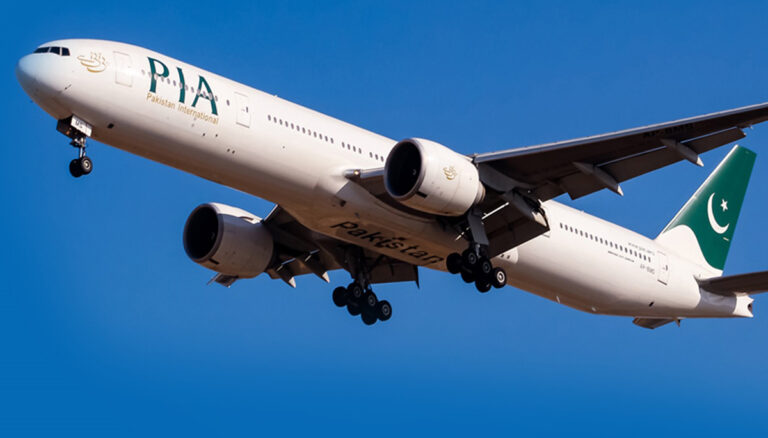On Monday, the National Assembly Standing Committee on Privatisation recommended that the buyer of Pakistan International Airlines (PIA) should be required to retain its employees for a minimum of five years following the airline’s privatization. This recommendation comes in the wake of PIA incurring substantial losses, totaling Rs500 billion over the past eight years.
Conflicting Views on Employee Retention
The recommendation by the National Assembly panel, led by Muhammad Farooq Sattar of the Muttahida Quami Movement (MQM), has sparked a significant debate. Prospective buyers have voiced strong objections to the retention mandate during pre-bid conferences held over the past 10 days. At least two bidders have expressed a preference for signing new contracts with employees rather than maintaining the existing workforce. Additionally, some bidders have proposed that all employee liabilities up to the bid date should be absorbed by the federal government.
In response to these concerns, Deputy Prime Minister Ishaq Dar is set to lead a crucial meeting today to address the bidders’ feedback on the draft share purchase agreement, subscription agreement, and shareholder agreement.
Government’s Position and Potential Impact
The standing committee’s recommendation includes a stipulation that PIA’s union be involved in the employee retention process. However, Secretary of the Privatisation Ministry Jawad Paul has cautioned that enforcing long-term employee retention could impact the bid price adversely. The draft Share Purchase and Subscription Agreement currently proposes that existing employees, irrespective of their role, cannot be terminated, laid off, retrenched, or forced to resign for three years post-privatization, barring cases of misconduct. Nonetheless, Paul indicated that this proposal is still subject to changes.
During the pre-bid conferences from August 15th to 22nd, potential buyers suggested alternative solutions, such as offering voluntary separation schemes and retaining employees for a maximum of one year. The privatisation ministry has noted that such schemes could be implemented at the buyer’s discretion.
Privatization Terms and Financial Challenges
The government has authorized the sale of between 51% to 100% of PIA’s shares, including management control. Six parties have been shortlisted and are currently conducting due diligence, with most expressing interest in acquiring 70% to 90% of the airline’s total shares.
The draft sale agreement binds the buyer to uphold all existing employee benefits and facilities, including pensions, gratuities, social welfare, provident funds, and benevolent funds. These benefits must remain fully funded and unchanged. Pensioners will continue to receive payments from PIA’s holding company, while serving employees will be compensated by the buyer.
PIA’s financial woes are stark, with reported losses of Rs499 billion since 2015 and cumulative losses amounting to Rs842 billion, Rs622 billion of which has been transferred to the holding company. The government is finalizing a special audit of PIA’s accounts through June 30th, a necessary step before the privatization process can proceed.
Bidding for PIA’s privatization is slated for October 1st, and the privatisation ministry is hopeful that outstanding issues will be resolved by then. Despite previous claims that the airline would be privatized by the end of July, the process has faced delays. In the fiscal year 2022-23, PIA reported a loss of Rs75.7 billion, marking it as the fourth highest loss-making government-owned entity.
Financial Terms and International Interest
To facilitate the sale, the government has proposed buyer-friendly terms, including the acceptance of partial payments and allowing debt-funded investments over three years. According to draft agreements, buyers would be able to pay approximately one-third of the total sale price in cash, with the remainder settled against PIA’s payables. Additionally, the agreements propose a three to five-year moratorium on dividend payments to shareholders.
When questioned about the lack of foreign interest in acquiring PIA, Secretary Paul noted that the government cannot compel foreign entities to bid. He acknowledged that while foreign investors are often perceived as better managers, past experiences with them have not always been positive. Some committee members have suggested taking action against those responsible for PIA’s massive losses. MNA Miss Sehar Kamran humorously proposed that it might be time to consider privatizing the bureaucracy as well.
Conclusion
As the privatization of PIA progresses, the conflict between the government’s employee retention mandates and the bidders’ preferences highlights the complexities of restructuring a major state-owned enterprise. Balancing the interests of current employees with the financial and operational goals of potential buyers remains a key challenge. The outcome of this process will not only shape the future of PIA but also serve as a significant case study for future privatization efforts in Pakistan.



Leave a Comment